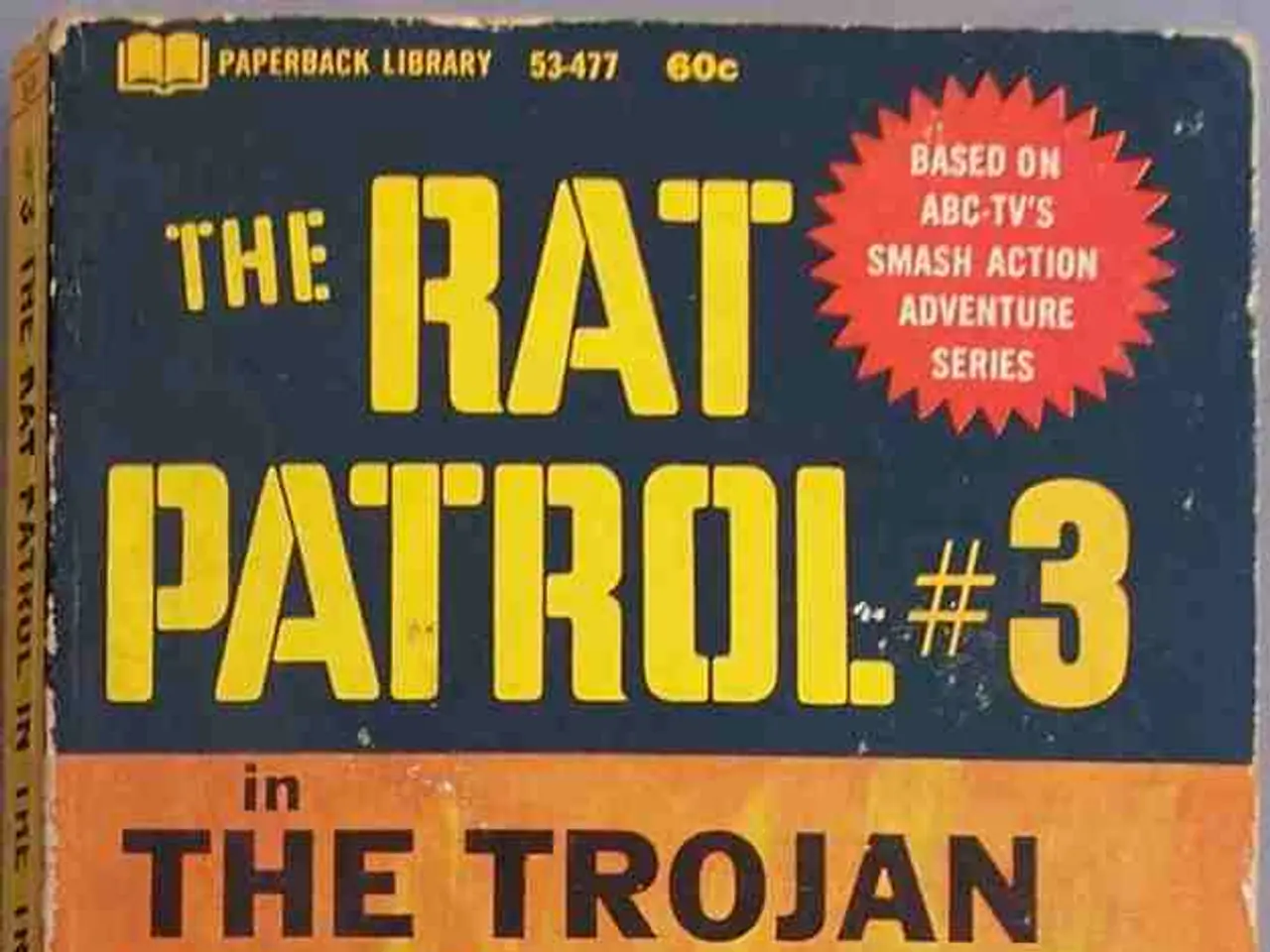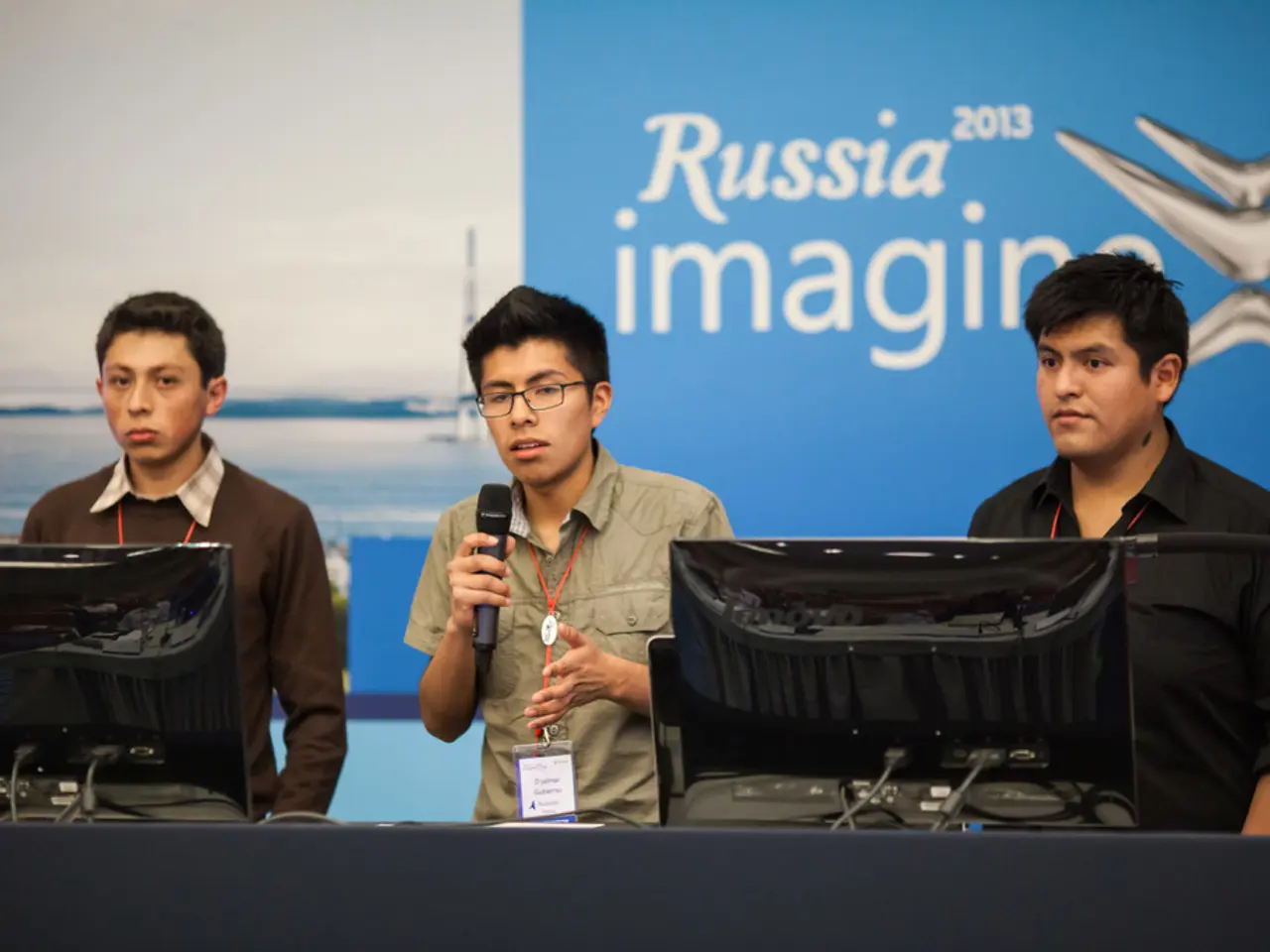District's Bar Association considers potential disbarment of Jeffrey Clark, former lawyer at Trump's Department of Justice, due to contested election assertions in 2020
In a recent development, Jeffrey Clark, a former assistant attorney general in the Department of Justice's (DOJ) Civil Division, has been recommended for permanent disbarment by a Washington, D.C. disciplinary panel. The recommendation comes as a result of Clark's actions in pressuring states to probe alleged voting irregularities and considering appointing new electors to reverse the results of the 2020 election [1][2][3].
Clark, currently the acting head of the Office of Information and Regulatory Affairs (OIRA) within the Office of Management and Budget (OMB), continues to hold this position despite the disbarment recommendation. The OMB has not announced any suspension or removal, and a spokesperson has dismissed the recommendation as political harassment, framing it as part of a broader "assault on President Trump and those who stood beside him" [2].
The disbarment recommendation, if finalized, could seriously impair Clark’s ability to practice law or hold certain positions that require a valid law license. This could potentially undermine his credibility and effectiveness in a regulatory oversight role [1][2][3][4].
The recommendation stems from Clark's persistent and energetic attempts to advocate for false claims related to the 2020 election outcome. The DC Bar's Board of Professional Responsibility stated that lawyers cannot advocate for outcomes based on false statements, and Clark's actions clearly violated this principle [1].
Former DOJ official James Burnham has called the decision to disbar Clark "an outrageous weaponization of the bar ethics process." Clark has received an outpouring of support from friends, legal and political commentators, and thousands of ordinary Americans in response to the disbarment [1].
It is important to note that this is not the first time a Trump attorney has faced disbarment. John Eastman and Rudy Giuliani have also faced similar consequences [1].
The case is ongoing, with the final decision pending before the D.C. Court of Appeals. Jeffrey Clark, in a post on his platform, expressed gratitude for the support and stated that he knows he did the right thing in 2020 and 2021 during the first Trump Administration [1].
For those unfamiliar, Clark's humble beginnings contrast sharply with his current predicament. The son of a truck driver who never graduated from high school, Clark's parents could not fully afford his expensive education [1].
In a separate development, Democrats in Congress pointed to evidence that Clark had attempted to involve the Department of Justice in efforts to interrupt the peaceful transfer of power in 2021 [1]. Former AG Bill Barr had resigned in December 2020 after announcing there was no widespread fraud in the election [1].
References: [1] The Washington Post [2] The New York Times [3] CNN [4] The Hill
- The disbarment recommendation, if finalized, could significantly impact education and career opportunities for Jeffrey Clark, particularly in areas such as policy-and-legislation, politics, and general-news, given that many of these fields require a valid law license.
- The ongoing disbarment case highlighting Jeffrey Clark's actions during war-and-conflicts and elections has sparked debates on the ethics of lawyers advocating false claims, particularly in the context of education and professional practice, raising questions about the limits of political representation in such situations.





